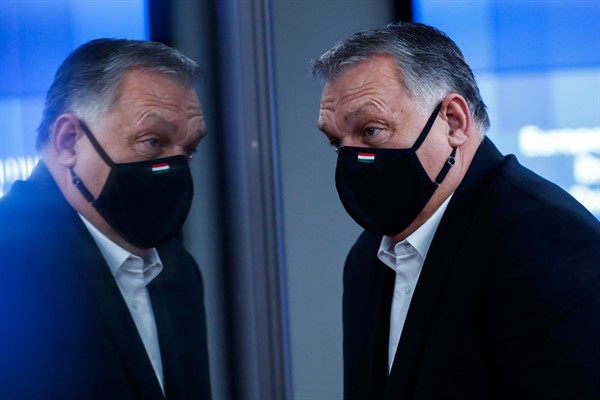As soon as the global magnitude of the coronavirus pandemic started to become evident in the early part of last year, the obvious corollary became inescapable: COVID-19 would have far-reaching political impact around the world. One of the places where the political ramifications of the crisis—or, more precisely, the consequences of its mismanagement by authorities—are becoming more pronounced is Central Europe, a region that in recent years has drifted steadily in an authoritarian, illiberal direction.
While a steady erosion of democratic practices has been on display across much of the globe over the past 15 years, the pattern in Central Europe is particularly disheartening because of how eagerly the region embraced democracy after the end of the Cold War. But more recently, populist leaders have drawn support for their nationalist, anti-immigrant and often illiberal views, and used the power obtained through elections to undercut many of the freedoms that made those elections possible. In several of these countries, they systematically undercut the independence of the judiciary and took control of the media, as part of the process of strengthening their hold on power.
When the pandemic struck, however, populist measures had a different impact. They contributed to higher death tolls.

